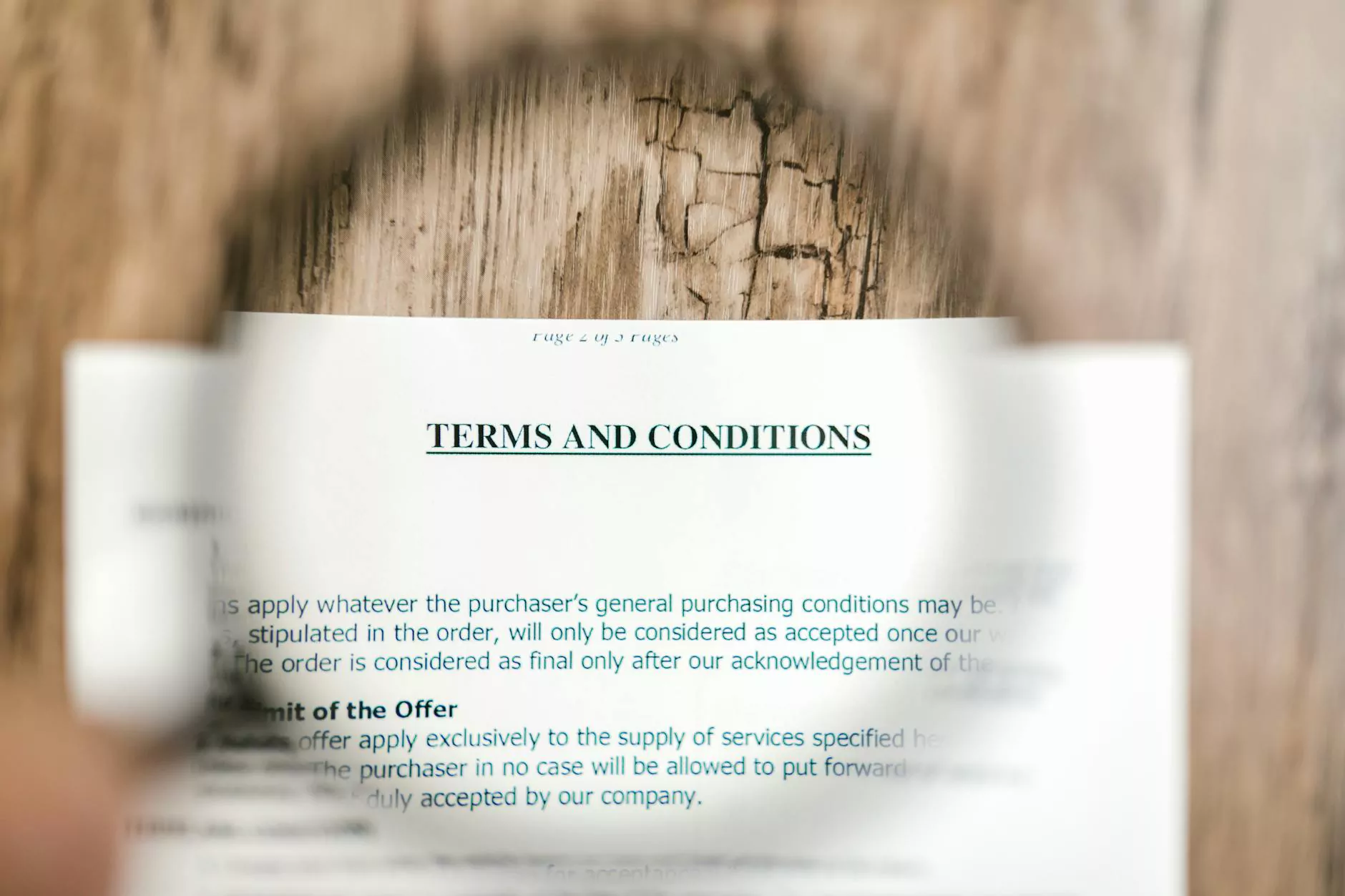Tips on How to Avoid Caregiver Burnout

Introduction
Welcome to the CARE Blog, where Grim Harley, MD provides valuable advice and insights for caregivers. In this article, we will discuss effective strategies to help caregivers avoid burnout and provide the best care for their loved ones.
Understanding Caregiver Burnout
Caregiver burnout is a state of physical, emotional, and mental exhaustion often associated with the prolonged and overwhelming responsibilities of caring for a loved one. It can lead to a decline in the caregiver's overall well-being, affecting their ability to provide quality care.
Symptoms of Caregiver Burnout
Recognizing the signs of caregiver burnout is crucial. Some common symptoms include:
- Feeling constantly tired and drained
- Experiencing changes in appetite or sleep patterns
- Becoming easily irritable or impatient
- Withdrawal from social activities
- Feeling overwhelmed, hopeless, or helpless
Strategies to Avoid Caregiver Burnout
1. Seek Support
It's essential to build a strong support system as a caregiver. Reach out to friends, family, or join support groups to connect with others who can relate to your experiences. Don't hesitate to ask for help or delegate tasks when needed.
2. Take Care of Your Own Health
Remember that caring for yourself is just as important as caring for your loved one. Prioritize your own physical and mental well-being by eating a balanced diet, exercising regularly, and getting enough rest. Don't neglect your own medical needs and consider regular check-ups.
3. Set Realistic Expectations
Avoid overwhelming yourself with unrealistic expectations. It's okay to accept that you can't do everything on your own. Set realistic goals and find a balance between caregiving responsibilities and your personal life.
4. Take Breaks
Allow yourself regular breaks to recharge and rejuvenate. Take short walks, engage in hobbies, or simply relax. It's important to invest time in activities that bring you joy and help you unwind.
5. Practice Self-Care
Engage in activities that promote self-care and stress relief. This can include meditating, practicing yoga, getting massages, or indulging in hobbies that bring you joy and relaxation.
6. Utilize Available Resources
Explore the various resources available to caregivers, such as assistance programs, respite care, and support networks. These resources can provide valuable help in managing caregiving responsibilities and alleviating burnout.
Conclusion
Caregiving can be a rewarding yet demanding role. By implementing the strategies outlined in this article, you can effectively prevent caregiver burnout and ensure you are providing the best possible care for your loved ones. Remember, taking care of yourself is vital to providing quality care to others. Stay tuned for more insightful articles from Grim Harley, MD on the CARE Blog to help you navigate your caregiving journey.









